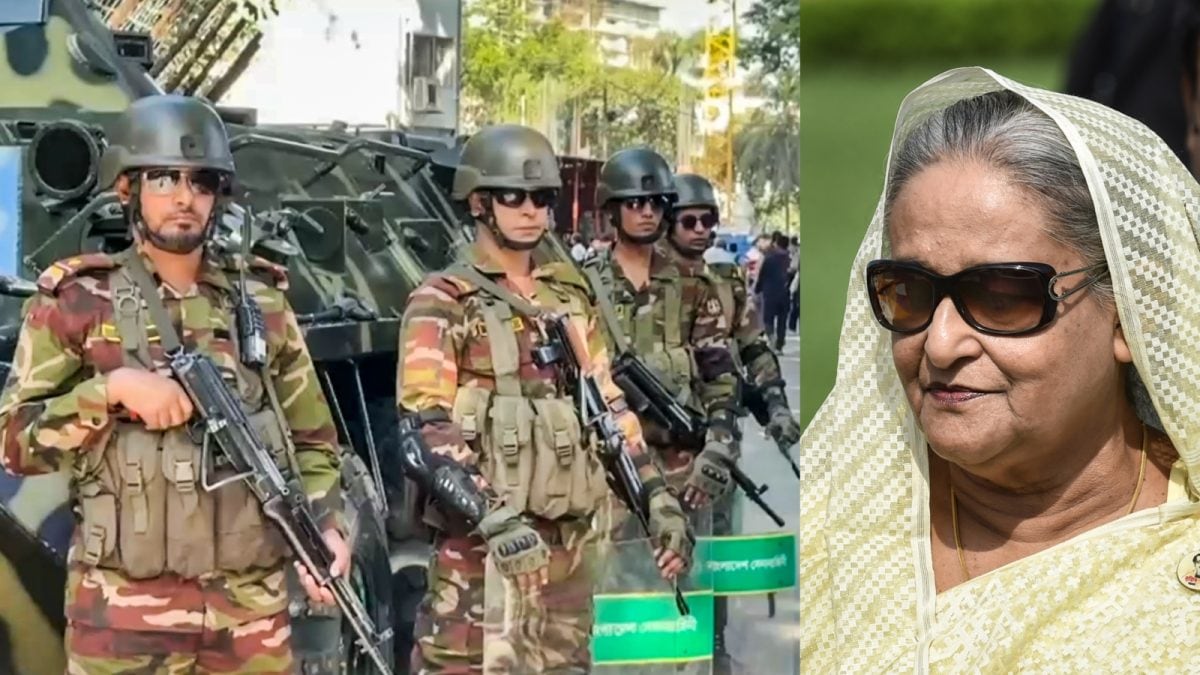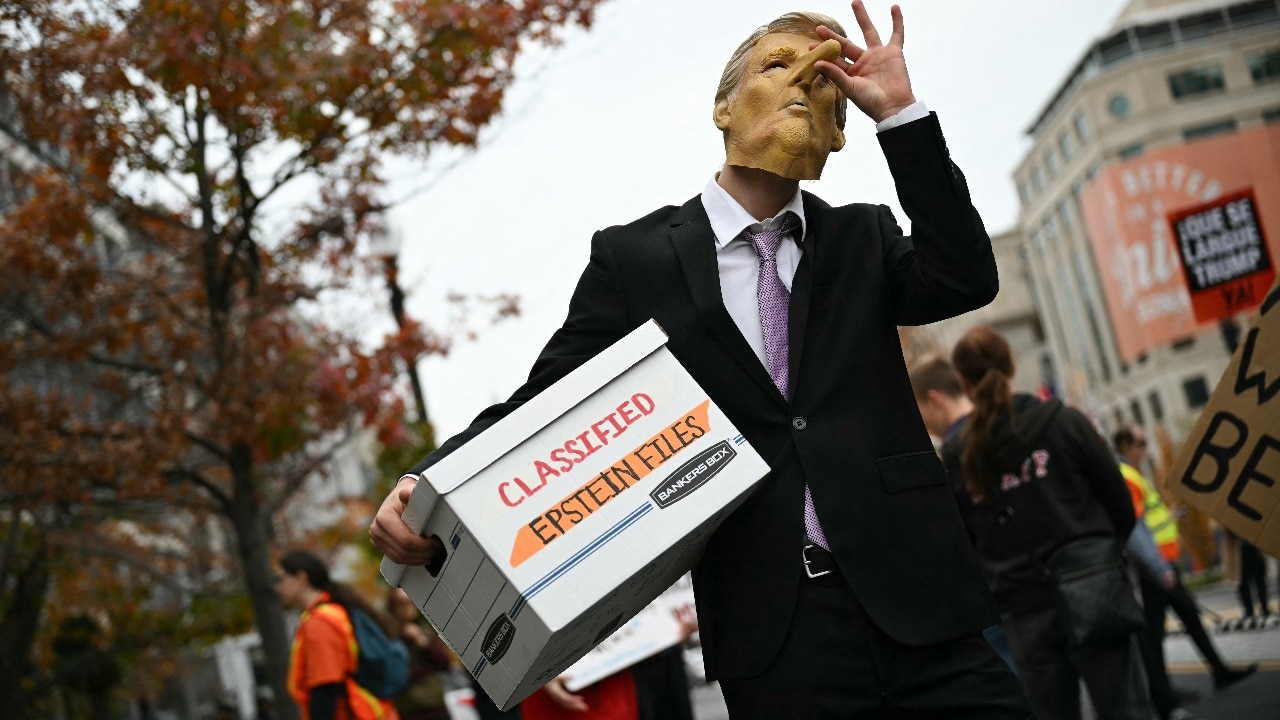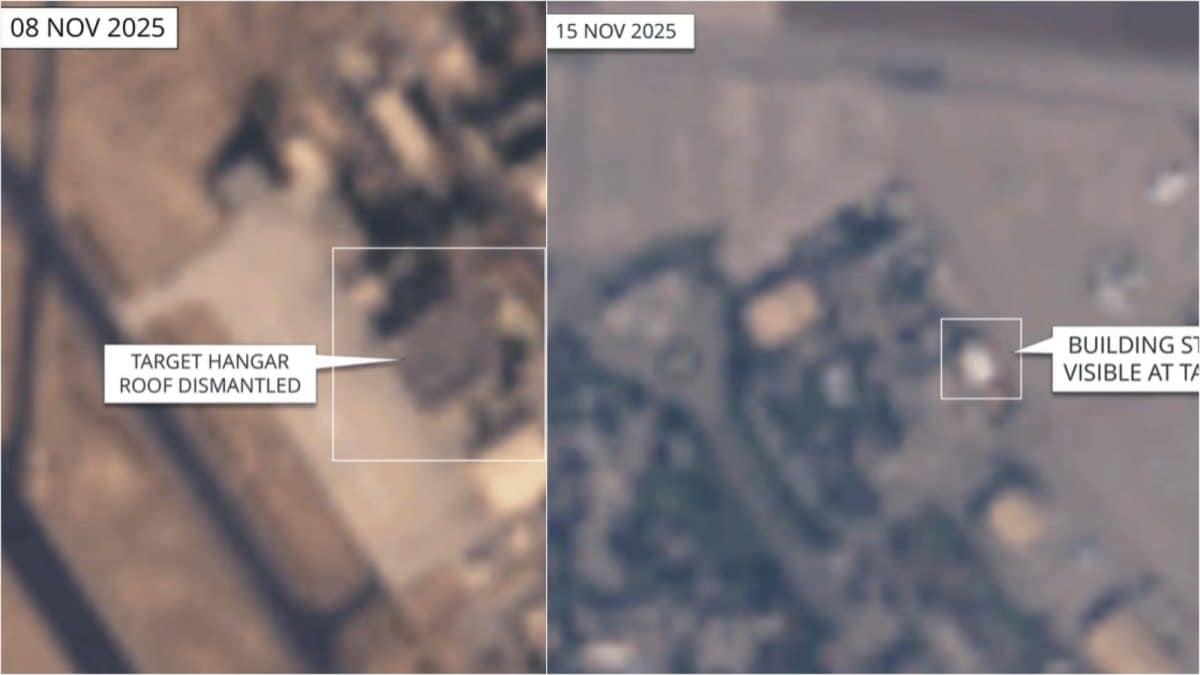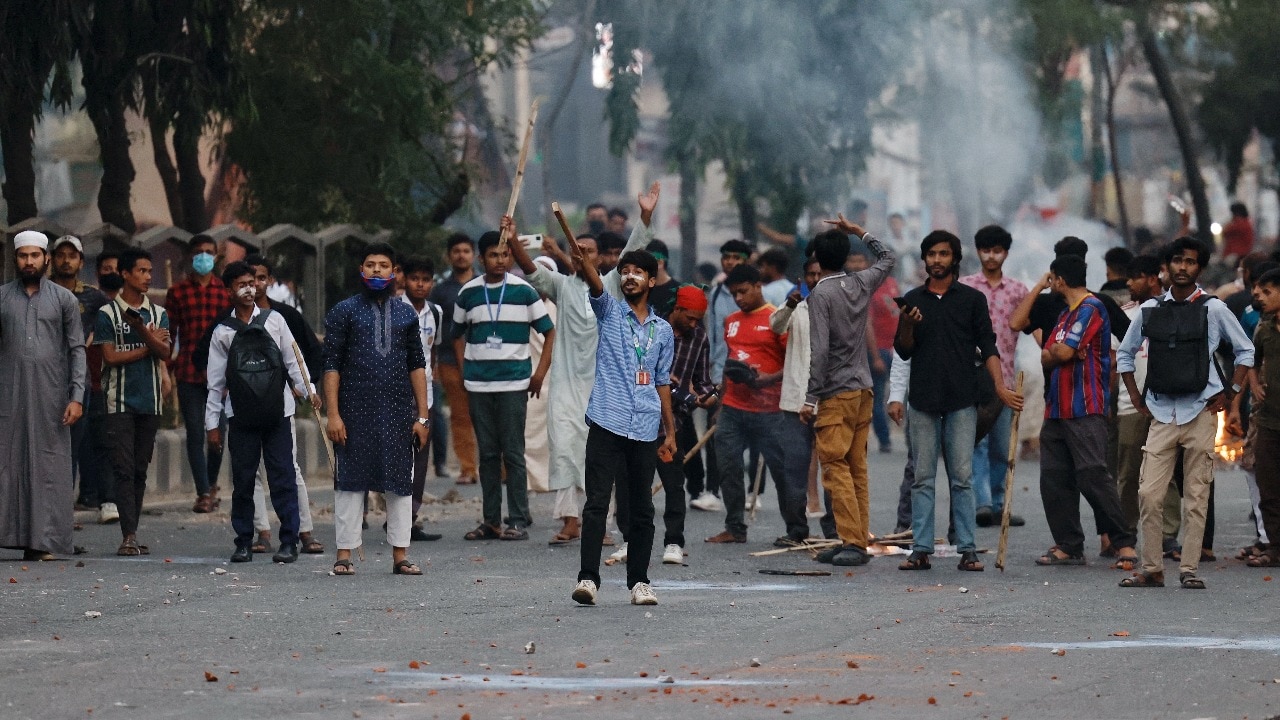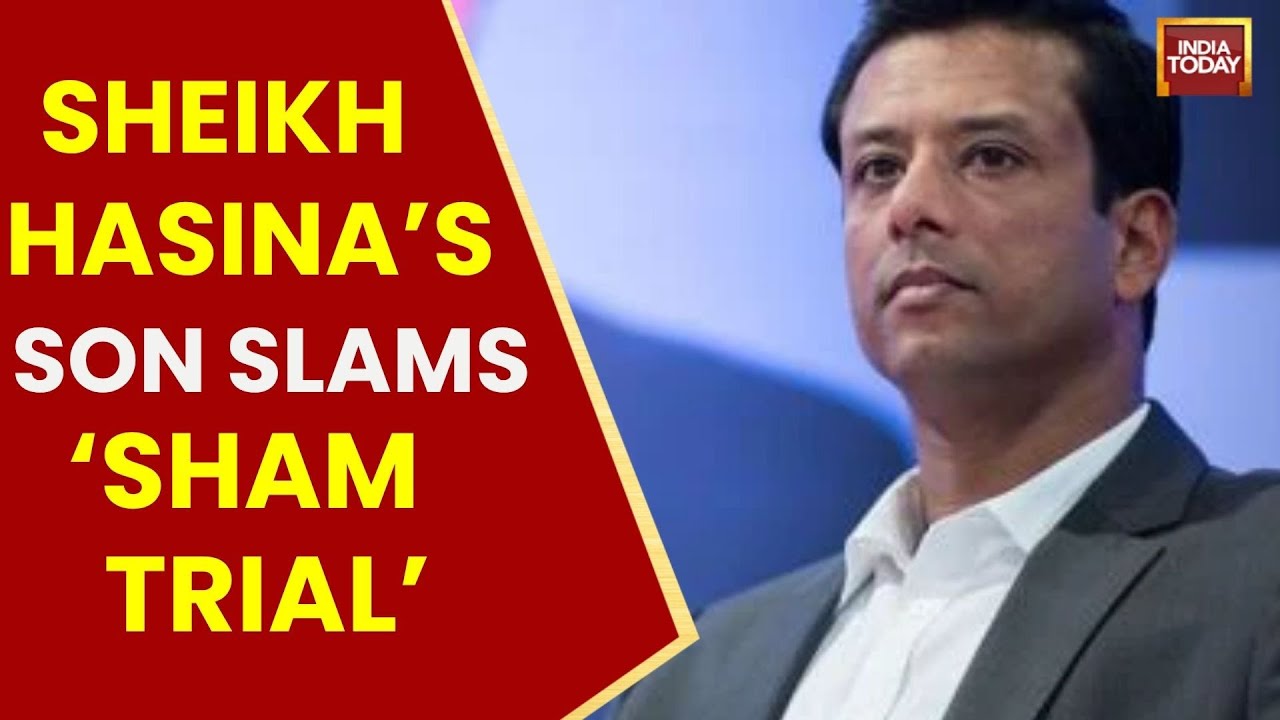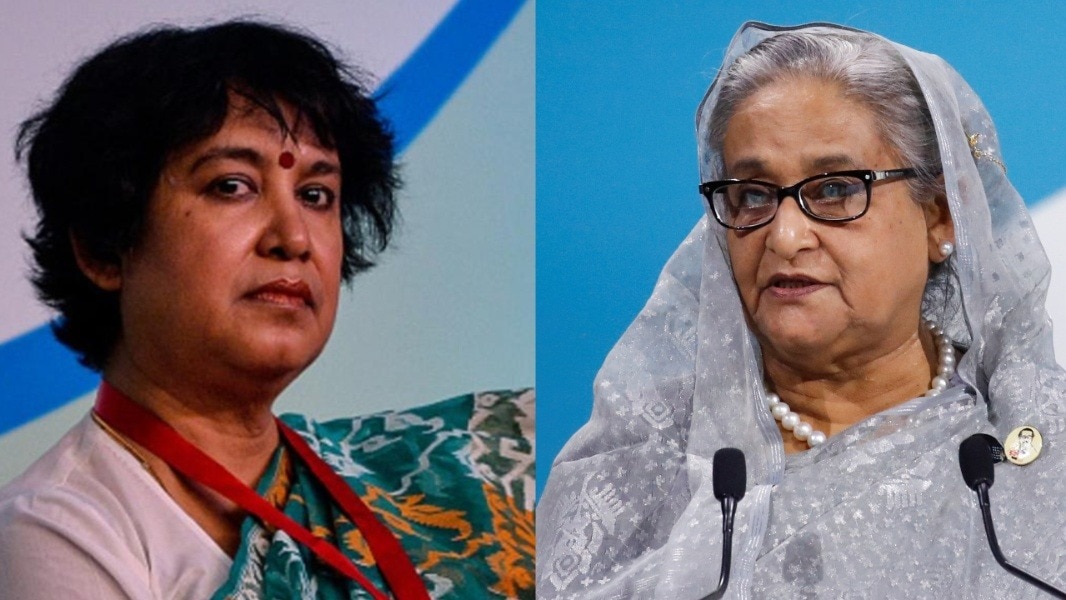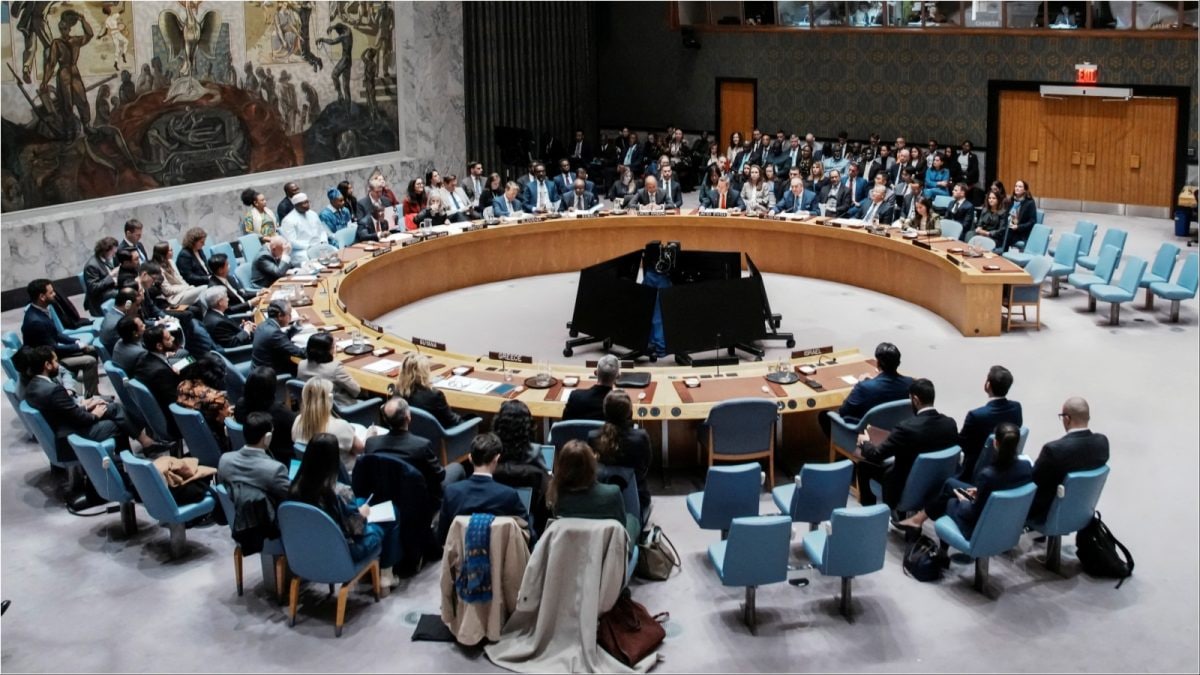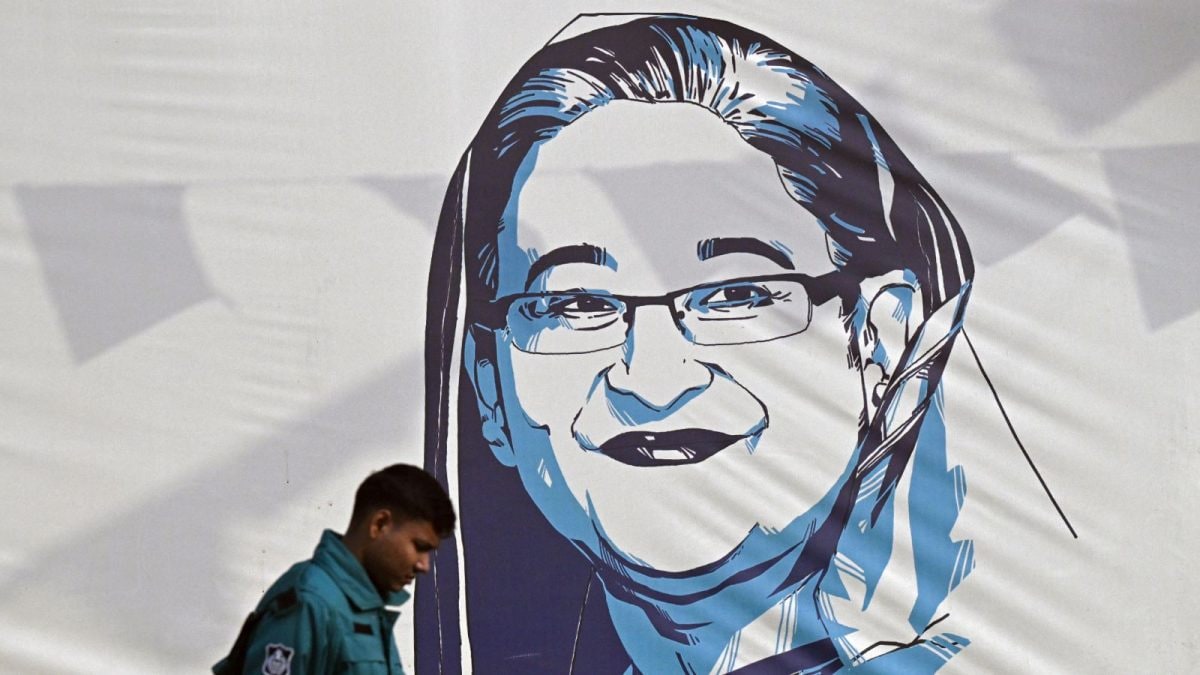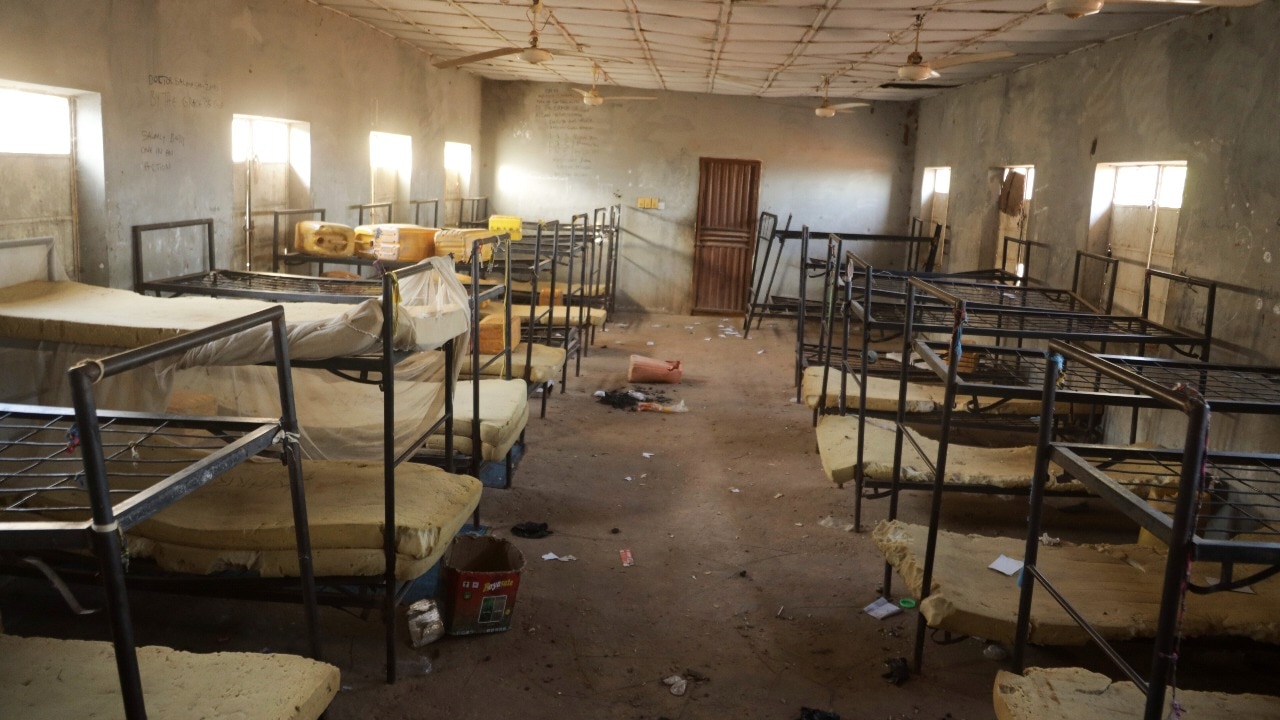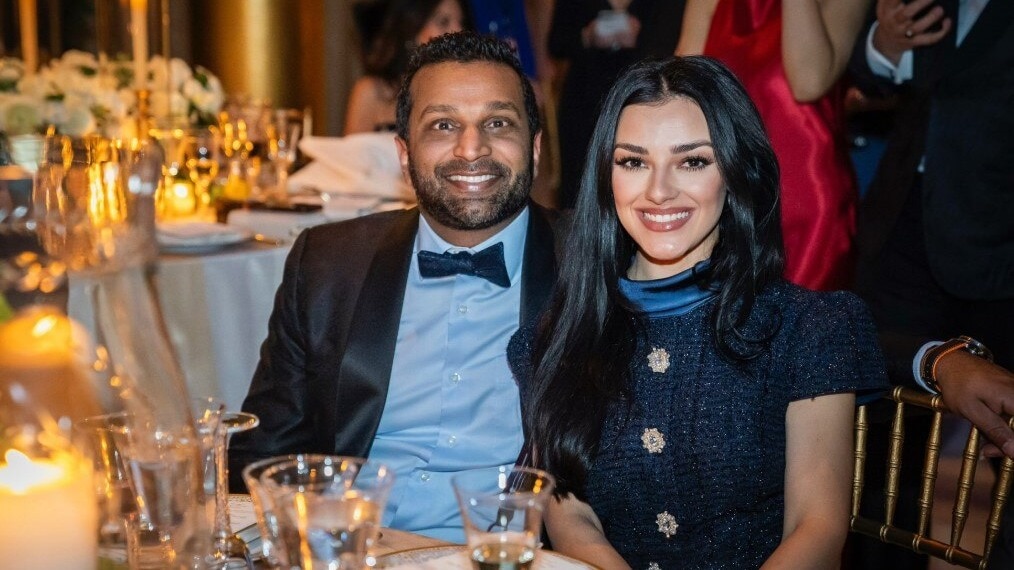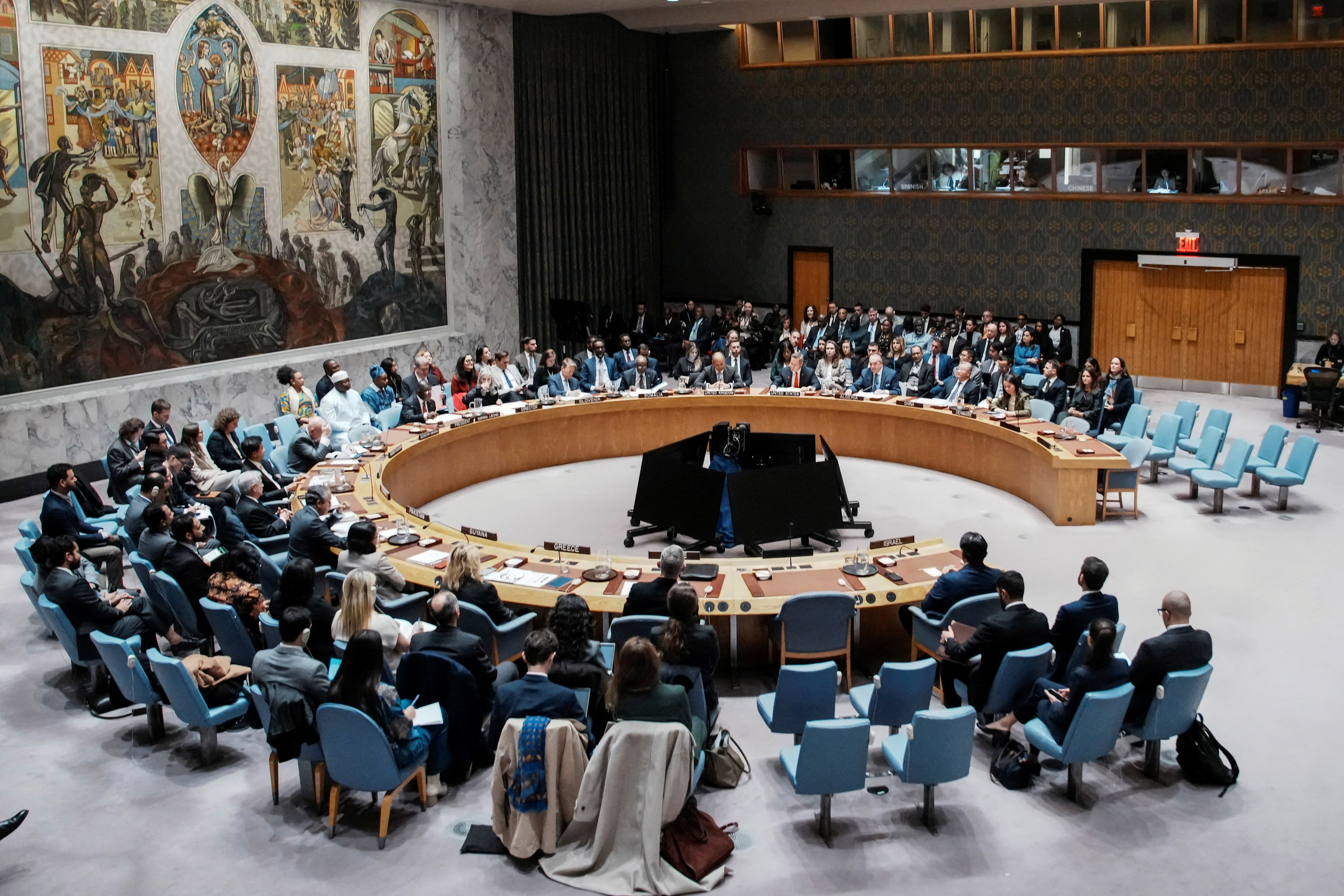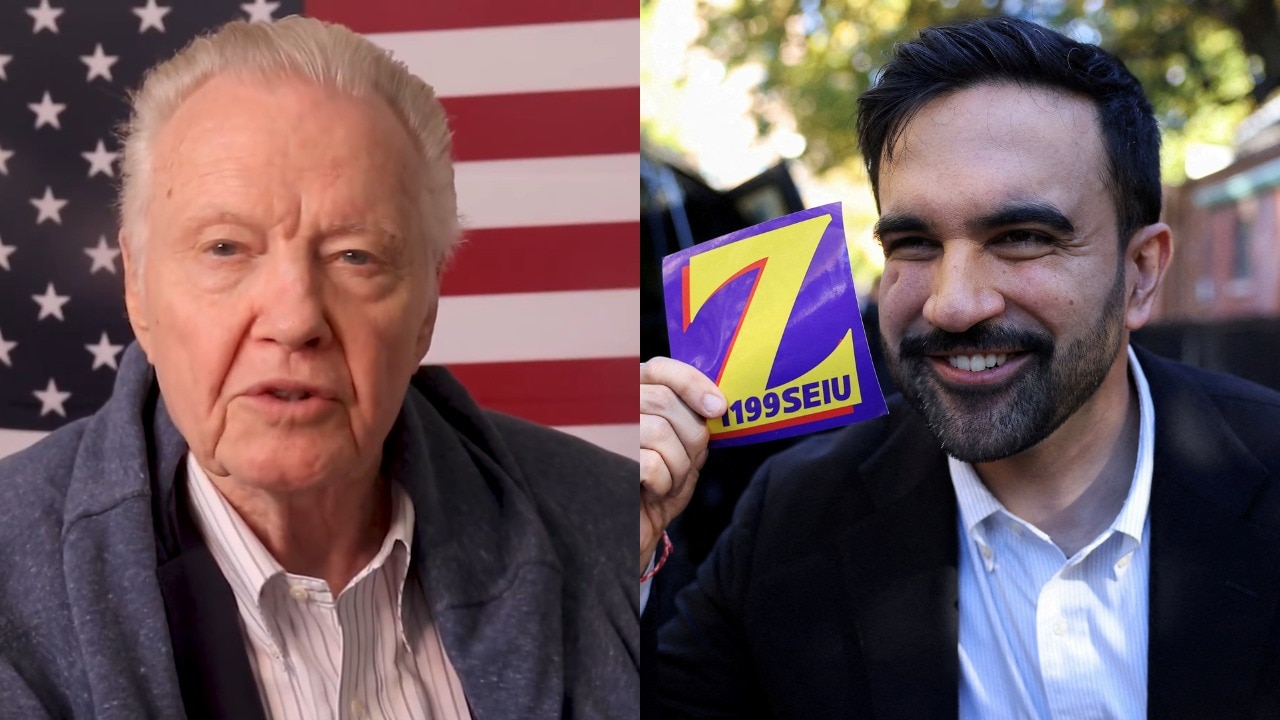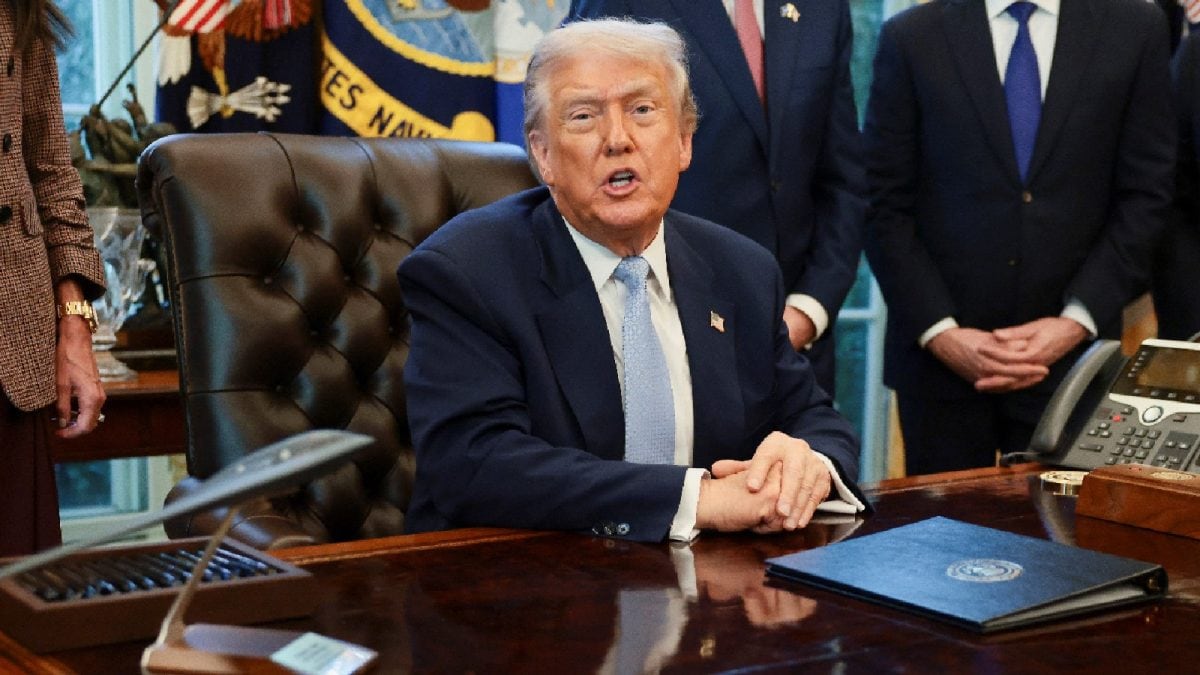Indian organised crime, led by the likes of the Lawrence Bishnoi gang, is escalating globally, with recent shootings in Surrey, Canada. Enhanced international cooperation, intelligence-sharing, and extradition agreements are vital to dismantling these syndicates, as they exploit diaspora networks and digital tools to orchestrate violence abroad.

Lawrence Bishnoi has over 25 criminal cases lodged against him across several Indian states over the last 13 years. (File Image)
The global reach of Indian organised crime has surged, with syndicates once confined to India's heartlands now orchestrating violence and extortion on foreign soil. From Canada's suburban streets to Europe's ports, these gangs exploit diaspora networks, digital tools, and porous borders to expand their empires. The recent shoot-out in Canada's Surrey tied to the Lawrence Bishnoi gang underscores this growing menace, highlighting how Indian gangs are posing a serious threat to business establishments abroad and posing transnational threats.
On Tuesday, multiple incidents of firing were reported at locations linked to an Indian restaurant chain owner in Surrey, South Surrey, and Maple Ridge areas of Canada. Lawrence Bishnoi associate Goldy Dhillon claimed its responsibility through social media.
On October 6, Surrey, British Columbia, was rocked by gunfire targeting properties linked to businessman Navi Dhesi, also known as Navi Tesi. The Lawrence Bishnoi syndicate, led by the jailed gangster from a Gujarat prison, claimed responsibility through videos posted by associate Fateh Portugal. The attacks hit Dhesi's Swift 1200 AM radio station, hours after it aired anti-gang content, and two other sites. Designated a terrorist entity by Canada in September, the Bishnoi gang, with over 700 operatives globally, is also linked to the 2023 murder of Khalistani terrorist Hardeep Singh Nijjar and the June 2025 killing of businessman Harjit Singh in Brampton, Ontario, over alleged rival affiliations.
The gang's reach has extended beyond businesses to community leaders. A trucking company owned by Raghbir Singh Nijjar, cousin of slain Hardeep Singh Nijjar, was attacked after repeated threats. The Lakshmi Narayan Mandir in Surrey also reported intimidation after refusing to pay extortion demands.
Faced with mounting evidence, the Canadian government last month designated the Lawrence Bishnoi gang a terrorist entity, a rare move that grants authorities additional powers to seize assets and disrupt its financial networks.
The Bishnoi gang is not an isolated case. Other operatives, such as Goldy Brar, accused of masterminding the killing of Punjabi singer Sidhu Moosewala, are believed to be directing criminal networks from Canada. Similarly, Goldy Dhillon, based in Germany, is alleged to have extorted millions from diaspora businessmen and is accused of recruiting "foot soldiers" for gang activities in Europe and North America.
Law enforcement agencies also warn of deepening links between Indian gangsters and extremist groups. According to a Investigation Agency (NIA) report, overseas gangs are collaborating with pro-Khalistan outfits, providing funding, logistics, and arms in exchange for mutual protection and influence.
For diaspora communities, the consequences are severe. Business owners have reported an increase in extortion calls, while cultural organisations face threats for refusing to comply. Fear has grown so intense that some victims prefer paying quietly rather than involving the police.
While Surrey is currently a hot-spot, the operations of Indian gangs abroad are far more widespread.
Goldy Brar, an associate of Lawrence Bishnoi, is based in Canada, and India has declared him an "individual terrorist" under the Unlawful Activities (Prevention) Act (UAPA). He is alleged to have conducted extortion, contract killings, and funded extremist activities from abroad.
Gurpreet Singh, alias Goldy Dhillon, residing in Germany, is seen as a "sub-node" of the Bishnoi-Brar network. Police have accused him of recruiting foot soldiers, extortion efforts, targeted shootings and other crimes while operating remotely.
Police in India have flagged several other gangsters who have fled abroad (Canada, USA, Europe, UAE, etc), from states like Punjab, Haryana, Rajasthan, and Uttar Pradesh, and are believed to continue running criminal operations like extortion, murders, arms dealings remotely.
Financial networks are also significant. An NIA chargesheet shows that money collected via extortion, arms smuggling, and other illicit businesses has been routed to overseas actors for investment in real-estate, film, sports, and luxury assets like yachts. These funds help sustain the networks and fund extremist or gang-linked operations.
So, what are the challenges that the agencies face to nail the gangsters' operations and break their network? Jurisdictional limits is one such reason. Even as gangs operate across borders, gathering admissible evidence across jurisdictions is hard. Extradition treaties, mutual legal assistance, and cooperation among nations are often slow to respond.
Key figures like Bishnoi are either imprisoned or they are abroad, yet through associates like Brar and Dhillon, they exert influence from afar. Communication via encrypted apps and social media makes tracing challenging and a real menace for the agencies.
Also, violent acts instil fear in witnesses, which further complicates investigation and trial in courts. Businesses, cultural institutions, and individuals in South Asian diaspora communities are increasingly threatened with violence or extortion.
Strengthened intelligence-sharing, joint operations, and extradition agreements with countries hosting these fugitives are critical to dismantling transnational crime syndicates. Recent cases highlight the urgency of such cooperation, as gangsters continue to orchestrate illegal activities from overseas safe havens. By fostering diplomatic ties and leveraging international frameworks like Interpol, India can bolster its efforts to bring these criminals to justice and curb their cross-border operations.
- Ends
Published By:
Sushim Mukul
Published On:
Oct 9, 2025

 1 month ago
1 month ago

